Arts & Culture
-
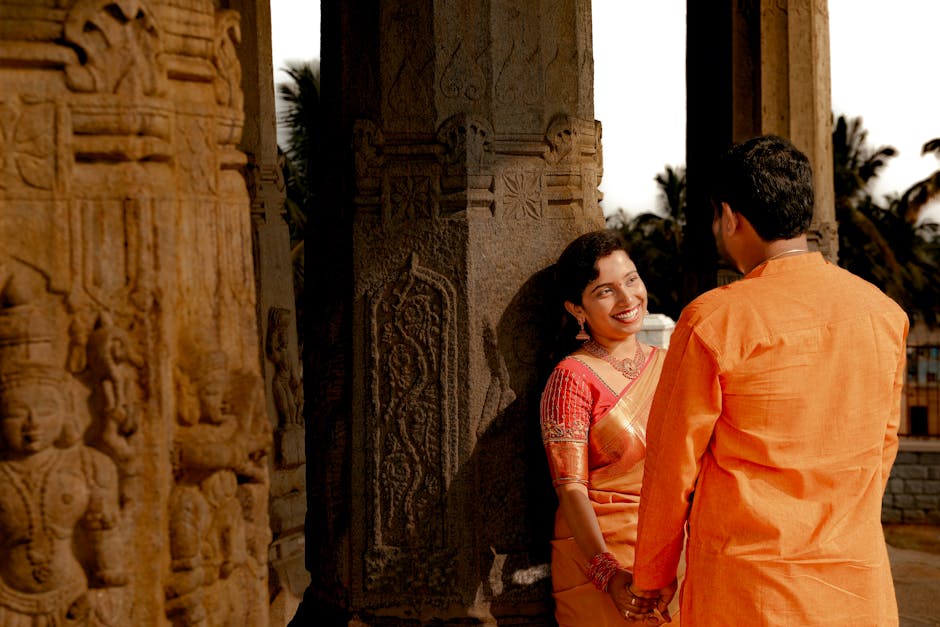
What defines a cultures artistic traditions?
Understanding a culture’s artistic traditions requires moving beyond superficial observations of aesthetically pleasing objects. A deeper dive reveals a complex interplay of factors, woven together to form a unique tapestry…
-
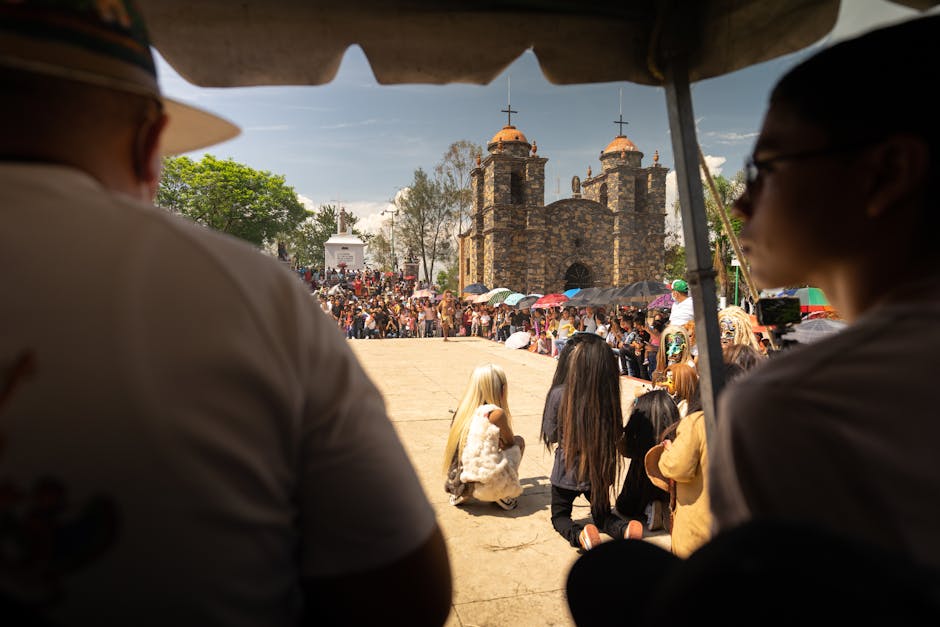
What are the benefits of cultural exchange?
Cultural exchange, in the realm of arts and culture, transcends mere interaction; it fosters profound societal and individual benefits. This intricate interplay of traditions, perspectives, and creative expressions generates a…
-
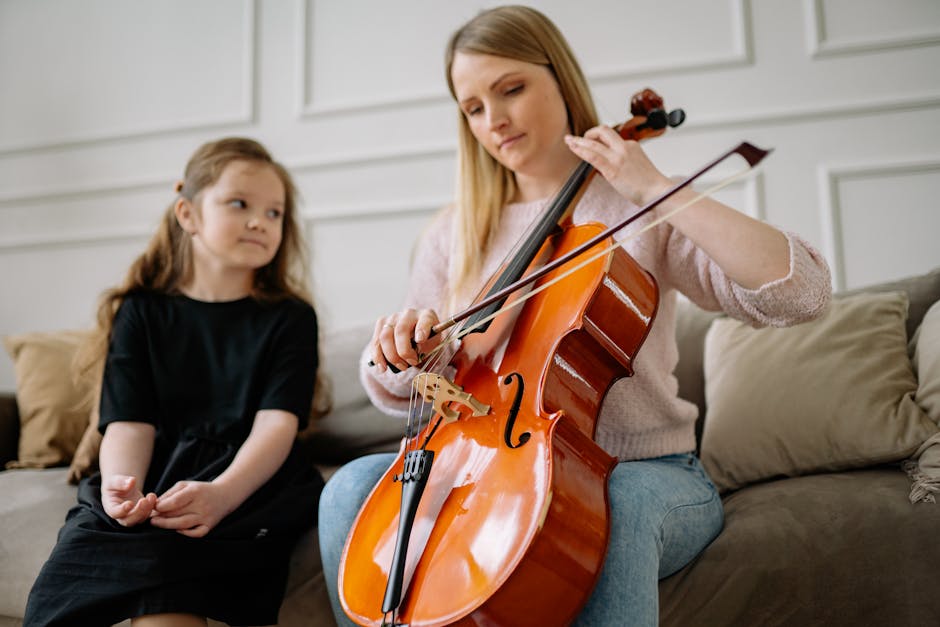
To what extent is art subjective?
Determining the extent of art’s subjectivity requires navigating a complex landscape of aesthetic theories, cultural contexts, and individual experiences. While some argue for a purely subjective experience, dismissing any objective…
-
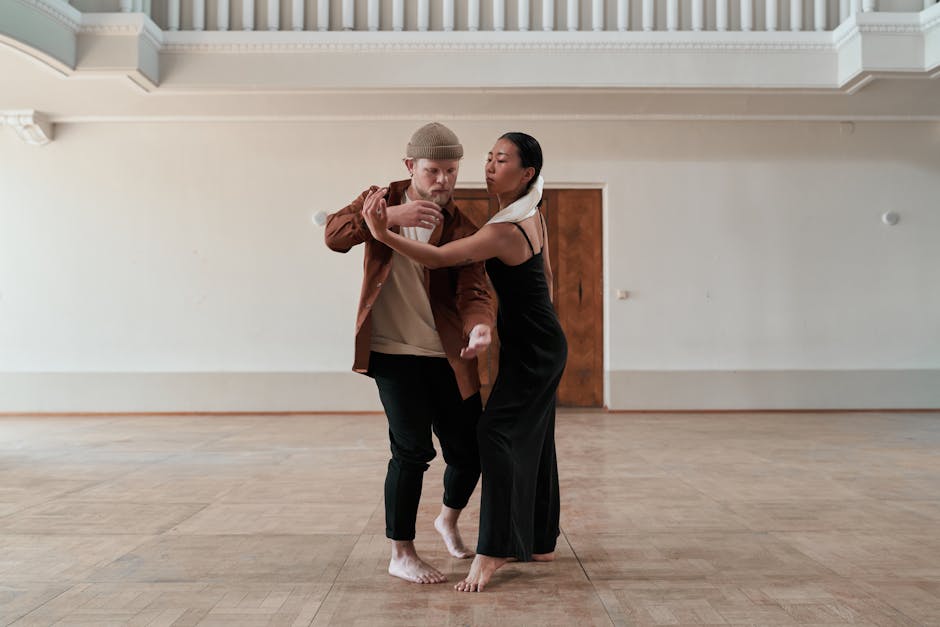
Which art forms are most accessible today?
A fundamental shift is occurring in the landscape of arts and culture. Technological advancements and evolving societal attitudes are dramatically altering which art forms are most readily available to a…
-
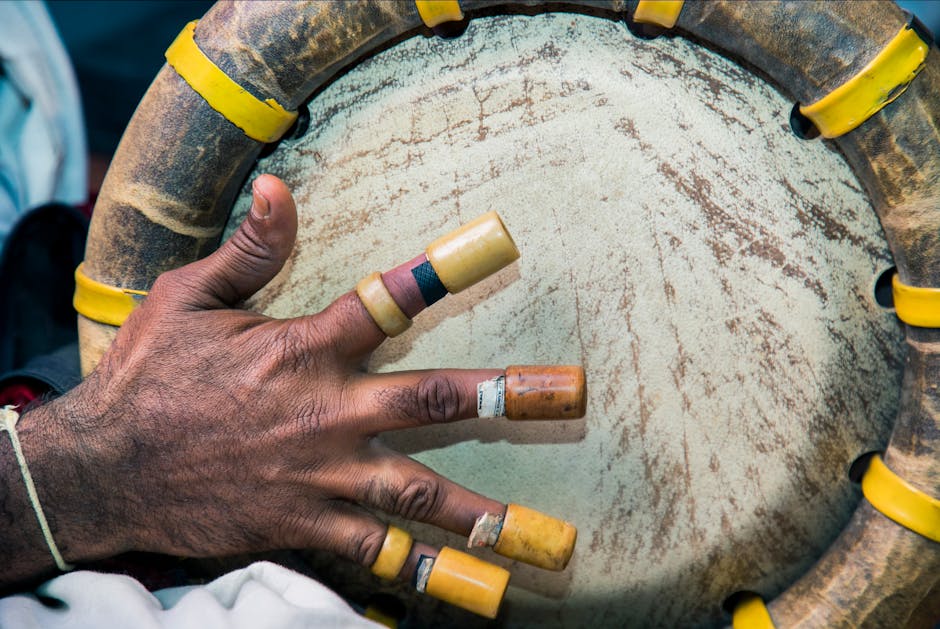
What is the future of traditional art forms?
A persistent question echoes through the halls of museums and the studios of practicing artists: what will become of traditional art forms in an increasingly digital world? This isn’t a…
-
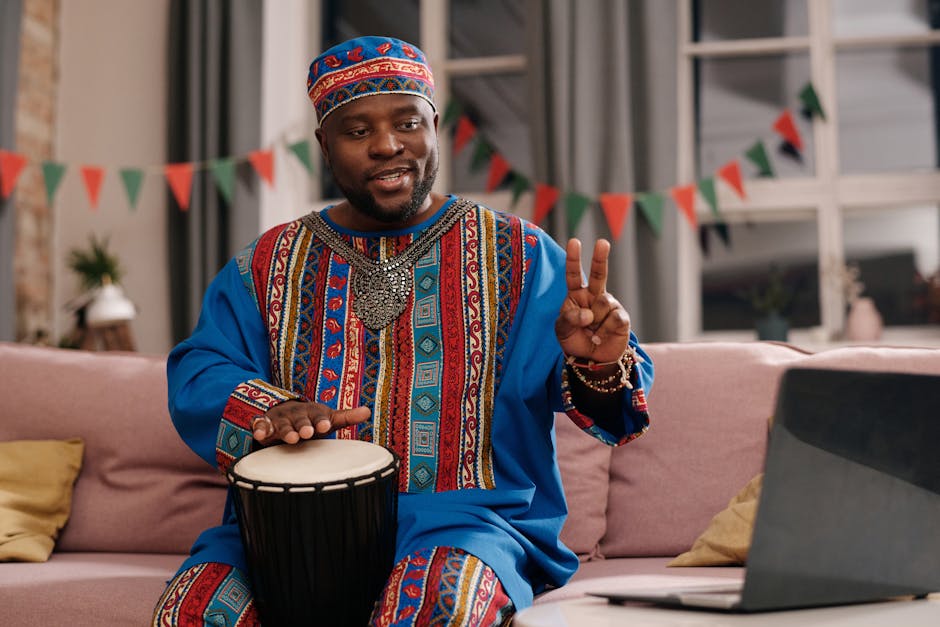
Does cultural appropriation always have negative consequences?
A common understanding of cultural appropriation centers on the adoption of elements from a minority or marginalized culture by members of a dominant culture, often without proper attribution or understanding.…
-
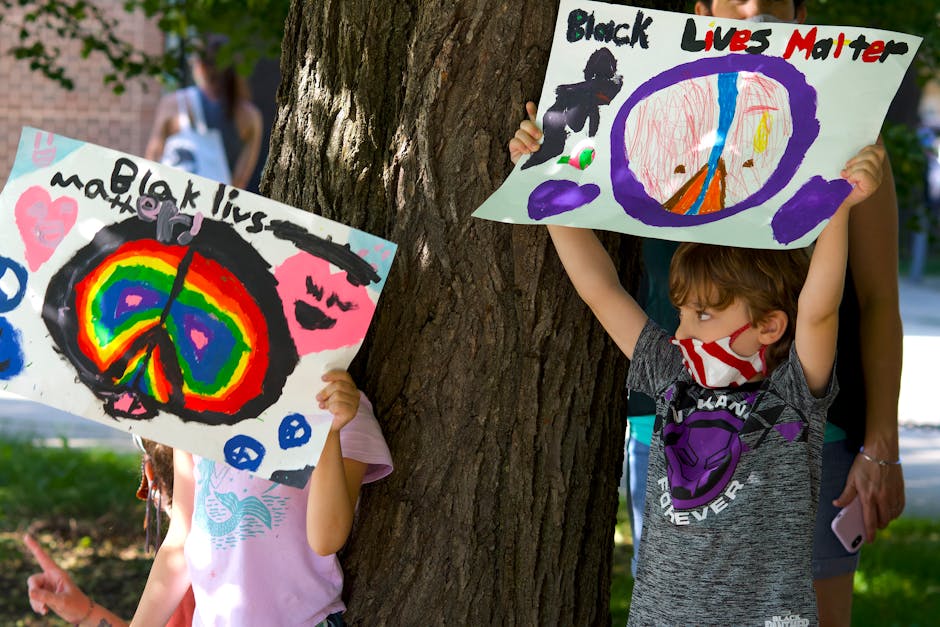
How can we better support emerging artists?
Navigating the challenging landscape of the arts is particularly difficult for emerging artists. Lack of resources, limited visibility, and the inherent uncertainties of a creative career present significant hurdles. Effectively…
-
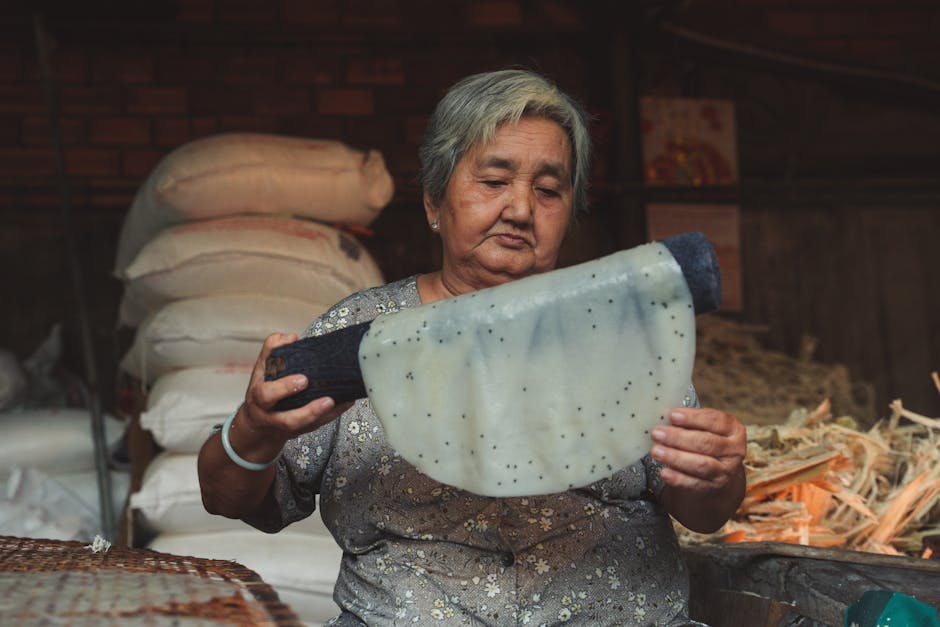
What makes a cultural experience memorable?
Experiencing art and culture is more than passive observation; it’s an active process of engagement that shapes our understanding of the world and ourselves. A truly memorable cultural experience transcends…
-
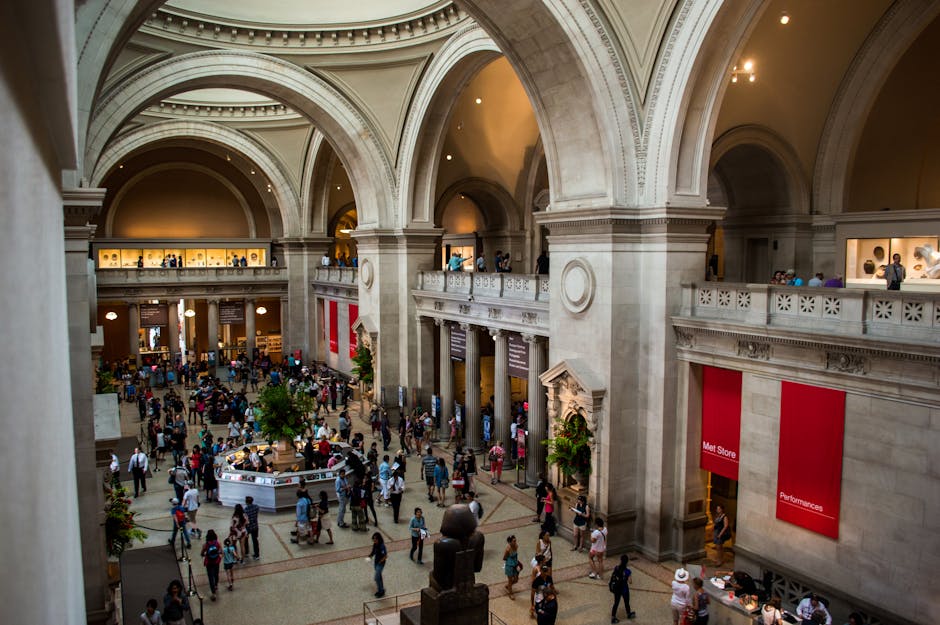
Explore the relationship between art and politics.
Historically, art has often served as a direct tool of political power. Patronage systems, from the Medici family commissioning Renaissance masterpieces to Soviet Socialist Realism, demonstrate how rulers utilize art…
-
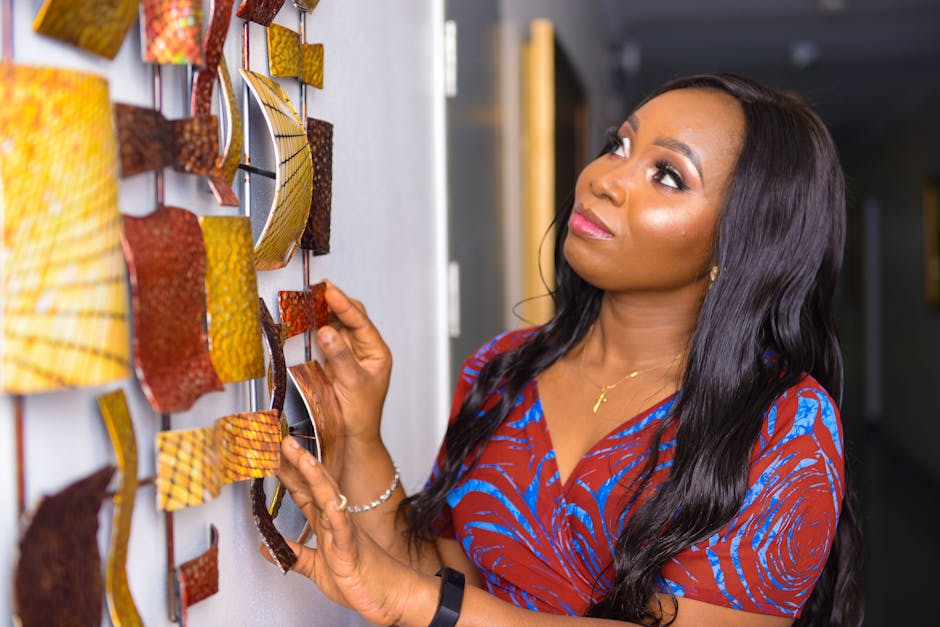
Which cultural influences shape your identity?
Family heritage stands as a primary architect of identity. Inherited traditions, values, and beliefs passed down through generations form the foundation upon which an individual constructs their worldview. This can…